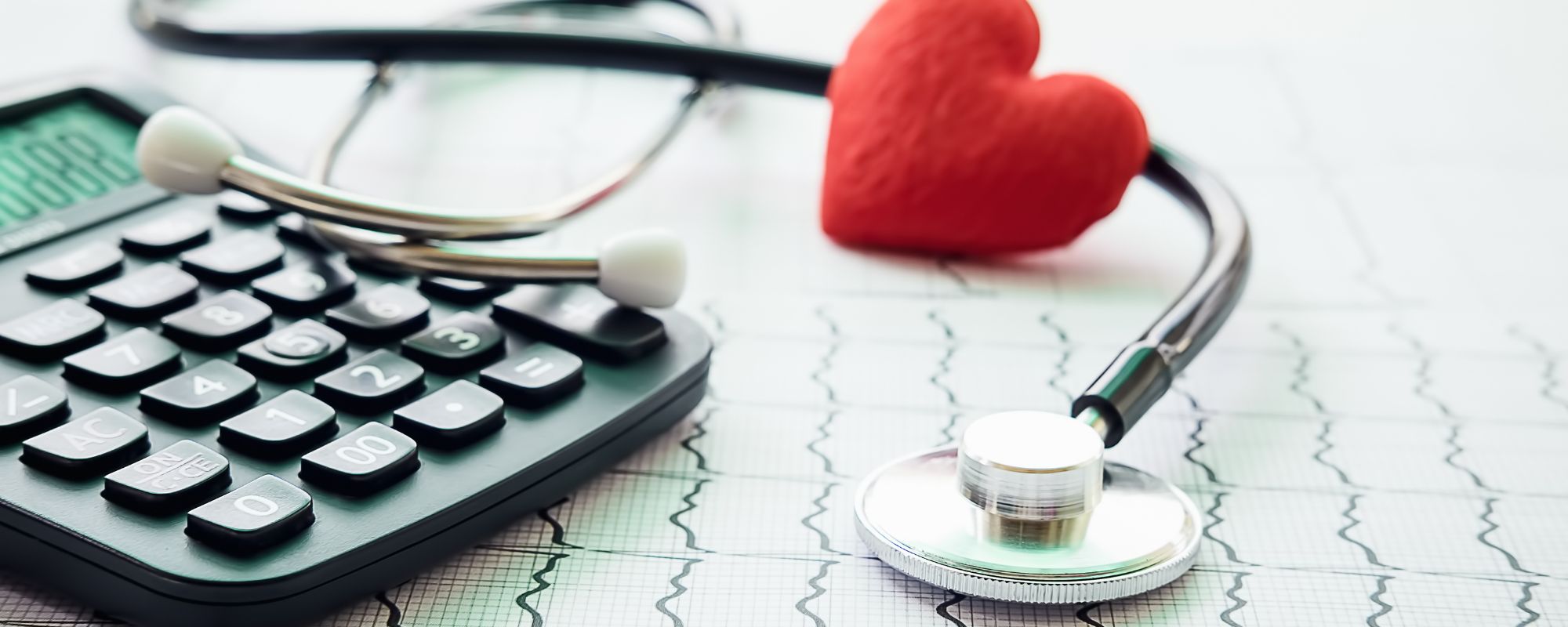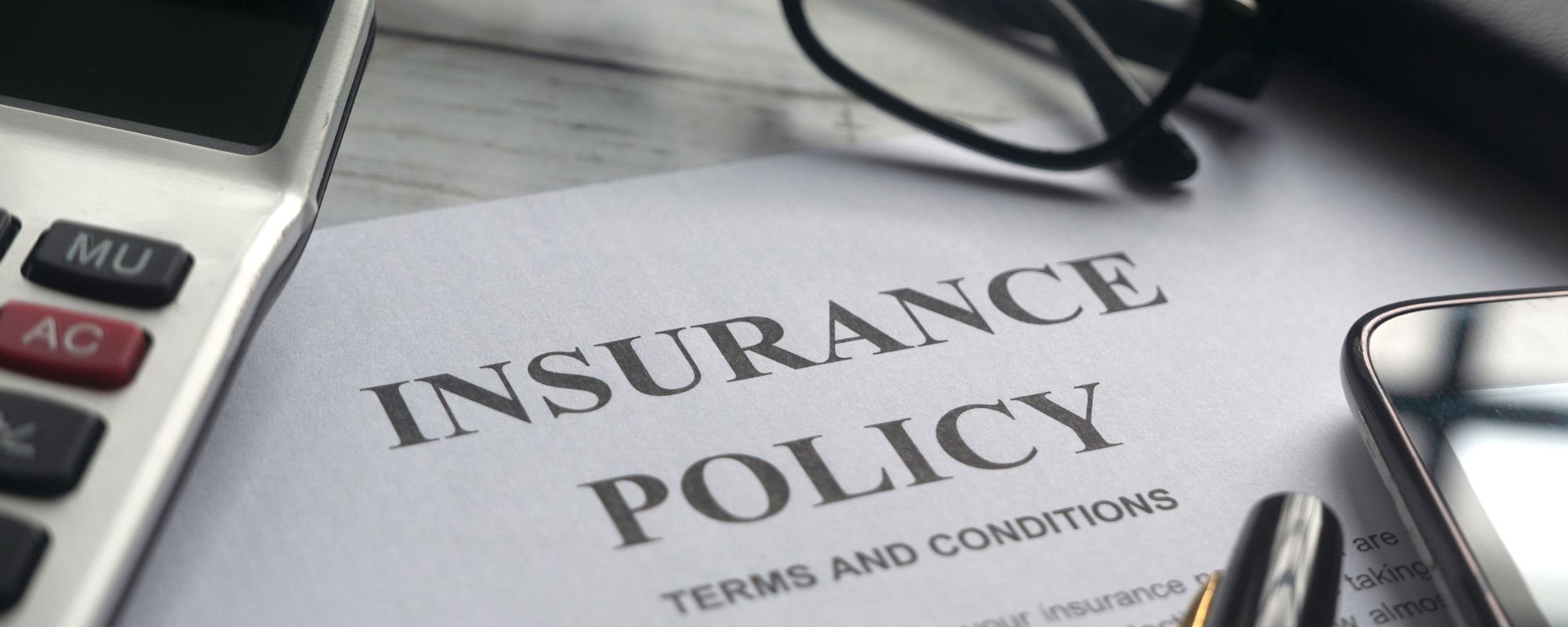Depression is a complex mental health condition that often requires comprehensive inpatient treatment for lasting recovery. While living with a depressive disorder can deeply impact your daily life, it doesn’t have to define your future. With the right support, you can learn to manage triggers, reduce symptoms, and regain control of your well-being.
At Chapter 5 Recovery, our residential depression treatment program is designed to help you build the tools and confidence needed to live a healthier, more balanced life. If you’re considering setting aside time for focused, individualized care, keep reading to discover the many benefits of our treatment approach.
What Is Depression?
Depression is a mental health disorder involving mood and behavior. Importantly, there are many types of depressive disorders that share the same depressive symptoms. However, each condition has unique characteristics determining how it appears in someone’s life. The most prevalent symptoms include deep feelings of sadness, low mood, tiredness, and loss of interest in relationships, passions, or the future.
Individuals with depression live by beliefs they’ve formed in their minds, like the future is bleak, sadness is persistent, and there’s no hope of improvement. Further, they commonly struggle with low self-worth, shame, or guilt. In many cases, fear of abandonment and rejection sensitivity are symptoms of depressive disorders. There are many contributing factors to why a person develops depression, including genetics. However, certain socioeconomic factors and childhood experiences can also contribute to depression. Notably, these often also contribute to negative self-beliefs and poor self-esteem. In the most severe cases of depression, individuals will struggle with suicidal thoughts.
Depressive Disorders Explained
As mentioned, depression is not merely one disorder but a number of mental health conditions with shared symptoms. While low mood and general negative feelings towards the future are common, depressive disorders have differing traits and features. Fortunately, the same treatment approach is effective for all depressive disorders. Of course, each individual’s treatment should be modified according to their needs. However, the basic formula we utilize at Chapter 5 Recovery is traditional therapy, holistic therapy, and medication. Whether you recognize yourself in any of these disorders or not, we can find your diagnosis and begin recovery.
Major Depressive Disorder (MDD)
Major depressive disorder, clinical depression, and unipolar depression are all names for this depressive disorder. To have MDD is to experience ongoing mental, emotional, and physical symptoms in depressive episodes lasting two weeks or longer. These symptoms may include sadness, hopelessness, exhaustion, physical heaviness, irritability, and low self-worth. It’s believed some people have a genetic predisposition to major depressive disorder, while environmental and psychological factors also contribute.
Seasonal Affective Disorder (SAD)
Seasonal affective disorder (SAD), or major depression with a seasonal pattern, is a time-specific type of depression. To elaborate, it mimics the symptoms of MDD but SAD worsens during certain times of the year. Individuals can have a summer or winter pattern with their SAD, referring to when their condition intensifies. In fact, with SAD, your symptoms can essentially disappear during the opposite seasons but return strongly when the weather changes. Overall, seasonal affective disorder with a winter pattern is more common, but individuals experience summer pattern SAD as well.
Bipolar Disorder
Bipolar disorder is a mood disorder categorized into bipolar I, bipolar II, and cyclothymia. People with bipolar disorder shift between highs and lows, known as manic/hypomanic episodes (depending on severity), depressive episodes, and neutral periods. Exactly how long between episodes and how long they last depends on the specific condition and type of bipolar. Notably, the difference between the highs and lows affects mood, behavior, energy, and drive. If you have bipolar disorder, treatment will combine help for both your depression and mania.
Persistent Depressive Disorder (PDD)
Persistent depressive disorder, or dysthymia, is a form of depression like MDD but with symptoms that persist for 2+ years. While the symptoms can be less severe in strength, they still dramatically affect a person’s life. Often, individuals with PDD live life in a numb or dissociative state while feeling symptoms of sadness, tiredness, and little motivation.
What Is Inpatient Depression Treatment?
Residential inpatient treatment is a recovery that happens full-time in a medical center. In order to make this possible, individuals live in comfortable living arrangements to receive 24/7 aid and support. Overall, inpatient treatment is not a punishment, nor a form of being sent away. Instead, think of it as a safe and comfortable location where you can focus on yourself and the issues holding you back. You will be able to experience peace away from home, and total upheaval to your daily routines, for work on growth. Along with therapy and counseling sessions, you will have free time, social time, and enjoy nutritious chef-cooked meals.
Signs Someone Needs Residential Depression Treatment
Understandably, inpatient treatment is an intensive healing program, but it provides powerful results. People who have lost the will to live due to their depression are in need of residential treatment to protect them. Through a variety of daily therapy sessions, they find hope for their future and a desire to keep pushing forward. Notably, even those with less extreme symptoms are great candidates for inpatient treatment. If depression is interrupting your life in any way, you can begin intensive inpatient care to learn recovery tools.
How Long Is Inpatient Depression Treatment?
The exact timeline of inpatient treatment for depression depends on you! Most important is that you take the time you need to form greater independence in your recovery. Then, you can return to your life strong and healthy. Some people take a few weeks in residential inpatient treatment, others a few months. You are welcome to explore your insurance coverage before deciding on an exact timeline. And please note that we’re happy to help you verify your insurance.
What Happens During Inpatient Treatment for Depression?
You might not be familiar with residential depression treatment centers, but they have been helping people heal for decades. Although the concept of living away from home for a time may seem scary, our facilities are warm and inviting. Additionally, your treatment will be customized to you so you get the results you’re looking for!
Here’s what to expect in depression inpatient treatment.
Individualized Treatment Plan
Every person who enters our Chapter 5 Recovery programs is a valued guest of our center, reflected in their care. There’s no one-size-fits-all approach to recovery, so we don’t try to fit people into boxes. Because your condition, situation, identity, and background are unique, you will build an individualized treatment plan with your therapist. Overall, this will be your roadmap for inpatient treatment, but it can be modified at any time.
Psychotherapy for Depression
There are no surprises in inpatient recovery programming. Your personal care plan will outline your foray into different therapy methods, including psychotherapy. Notably, psychotherapy is traditional talk therapy that has a wide range of techniques and approaches.
Holistic Therapy for Depression
Your treatment plan will also outline your involvement in holistic therapy, which is a whole-body approach that touches your mind, body, and spirit. At Chapter 5 Recovery in Washington, we offer numerous alternative therapy practices that will help you find self-restoration. These include the following list, and more!
- Massage therapy
- Nature therapy
- Music therapy
- Art therapy
- Sound baths
- Outdoor adventure therapy
- Equine-assisted therapy
- Yoga
- Tai chi
- Biofeedback
- Infrared technology
- Meditation
- Mindfulness
- Journaling
Through group and individual sessions, you can discover what holistic methods you like best and incorporate them into your schedule.
Professional Mental Health Treatment for Depression
Depression is a clinical mental health disorder that can wreak havoc on your life and self for as long as you let it. One of the most rewarding parts of treatment is realizing you can let go of negative self-beliefs that have been driving your thoughts and behaviors. The first step to realizing where depression has been controlling your health is understanding it. In psychotherapy, you will unpack your disorder and the places in your life where it has trapped you. Disorders cause pain and sickness all around the body, but holistic therapy will help you to release it in powerful ways. Truly, you can experience transformation in your brain, body, and spirit through holistic healing.
Psychotherapy for Depression
As noted, psychotherapy is an research-based therapy method with great success for a wide range of mental health disorders. This includes dual diagnoses and behavioral disorders. Behavioral therapies, in particular, have proven benefits for depression. Within traditional behavioral therapy, we offer many different methods. However, we recommend that many of our guests with depression explore CBT and ACT.
Cognitive-Behavioral Therapy (CBT)
Cognitive behavioral therapy (CBT) is a popular traditional therapy technique that connects the link between thoughts, feelings, and behaviors. By identifying which stem from depression, you can replace your old habits with alternative healthy ones.
Acceptance and Commitment Therapy (ACT)
Acceptance and commitment therapy (ACT) works by encouraging people to make space with the negative and the positive at the same time. To explain, clients learn to accept difficult feelings and thoughts while also working to make healthy changes. In sum, it allows people to find peace in their situation while still transforming it for the better.
Holistic Treatment for Depression
Lastly, holistic treatment does wonders for your whole sense of well-being. It’s easy to forget how much each part of your self plays a role in your overall health. Since each element is connected, targeting your entire being through alternative therapy allows you to experience real wellness. Plus, you can keep nurturing it after inpatient treatment.
Medication for Depression
Medication for depression is entirely optional, as some people have reasons why they prefer to avoid a prescription. However, for many people with depressive disorders, medication allows them to experience life without the negative cast brought by their symptoms. Depression can cause a low mood and suicidal thoughts. Yet, medication will reduce symptoms so you can feel hopeful and optimistic about your life. Anti-depressants are popular depression treatment medications. As part of your recovery, you’ll work with your doctor to find the right prescription and dosage. Then, together, you will manage your medication either short-term or long-term.
Depressive Disorder Treatment Near Me
No matter what your depression treatment plan looks like, you will not be alone in your recovery. Whether it’s working through psychotherapy, experiencing physical or spiritual breakthroughs, or modifying your medication, we are here. When looking for a professional mental health provider, it’s important to work with a team that is knowledgeable and empathetic. Additionally, a holistic treatment approach is pivotal for complete recovery. We offer everything you’re looking for at Chapter 5 Recovery.
You don’t have to go far from home to heal, but the experience will be unlike anything you’ve encountered before!
- Meth Mouth: The Tell-Tale Sign of Crystal Methamphetamine Abuse - January 26, 2026
- What Does Meth Look Like? How to Identify Crystal Methamphetamine - January 19, 2026
- Snorting Ice: Understanding Slang Terms for Crystal Meth Use - January 12, 2026






